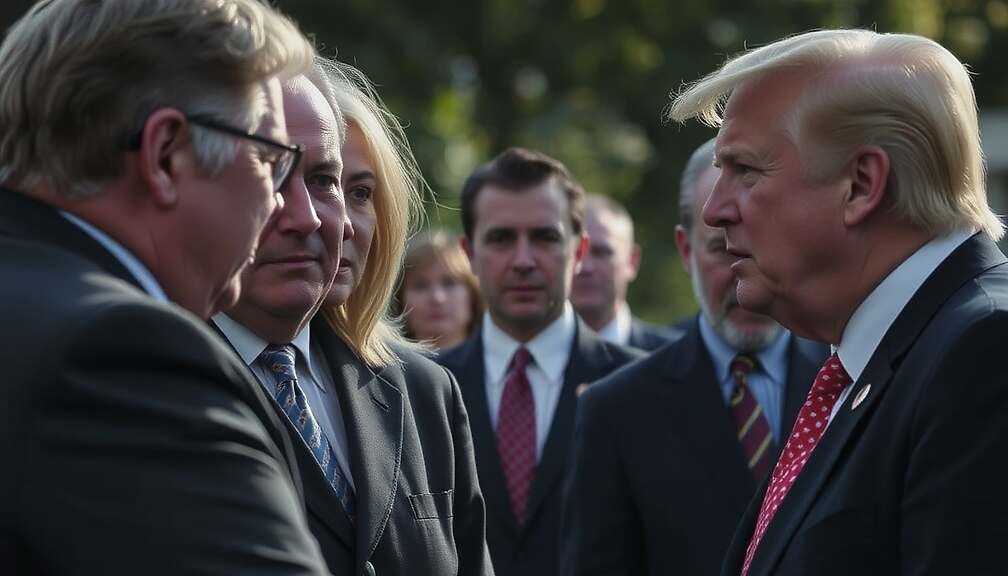A fierce internal debate is erupting within the German Christian Democratic Union (CDU) over the feasibility and political implications of returning Syrian refugees to their homeland. The controversy centers on recent comments made by Foreign Minister Johann Wadephul during a visit to Damascus, where he cast doubt on the immediate possibility of widespread returns, citing significant infrastructure damage.
Wadephul’s remarks, suggesting returns were “very limited” due to the state of Syrian infrastructure, have drawn sharp criticism from within his own party. Günter Krings, the CDU’s Deputy Parliamentary Group Chairman, publicly rebuked the minister, accusing him of making an assertion “taken completely out of context”. Krings argues that with the Syrian civil war largely concluded, returns are now possible and justifiable for most exiled Syrians, questioning the logic of suggesting a destroyed nation cannot be rebuilt by its own citizens. “The degree of destruction in a country cannot be used as an argument against voluntary or legally mandated returns” he stated bluntly.
The dispute reflects a growing tension within the CDU regarding the government’s strategy towards Syrian refugees, with a vocal contingent prioritizing deportations, particularly of convicted criminals and those legally obligated to return. Krings emphasized the CDU’s commitment to prioritize the repatriation of such individuals, “in coordination with the Syrian government” while adding a pointed declaration: “The foundation of any protection for civil war refugees must be that they leave our country when the war in their homeland is over.
Sven Schulze, CDU state chairman of Saxony-Anhalt and a member of the party’s executive committee, echoed this sentiment. He argued that the civil war, the initial impetus for hundreds of thousands of Syrians to flee, has ended and a focused strategy for their return is now essential. He found Wadephul’s comments “incomprehensible” dismissing concerns about a currently “partially destroyed” nation and inferior living conditions as impediments to repatriation efforts.
While the Chancellery attempts to downplay the discord, portraying it as a “sham conflict” the public airing of disagreements highlights a profound difference in opinion. A government spokesman, Stefan Kornelius, asserted that the administration is actively working on stabilizing Syria as a precondition for returns. He pointed to Foreign Minister Wadephul’s invitation extended to Syrian Interim President Ahmed Al-Scharaa as evidence of the government’s commitment, while reaffirming the continued deportation of serious offenders.
The Foreign Ministry itself maintains that deportations to Syria remain an option, further complicating the political landscape. The ministry acknowledges that voluntary returns are a personal decision, contingent on factors such as safety, economic conditions and housing availability, issues that, as Wadephul himself stated, are factors under consideration. However, the core of the conflict lies not in acknowledging these considerations, but in the perception that delaying widespread returns undermines the government’s overall stance on immigration and repatriation.
The internal CDU debate signals a hardening of the party’s position on Syrian refugees, with pressure mounting to accelerate the return process despite ongoing challenges and concerns about the stability and reconstruction of Syria.












